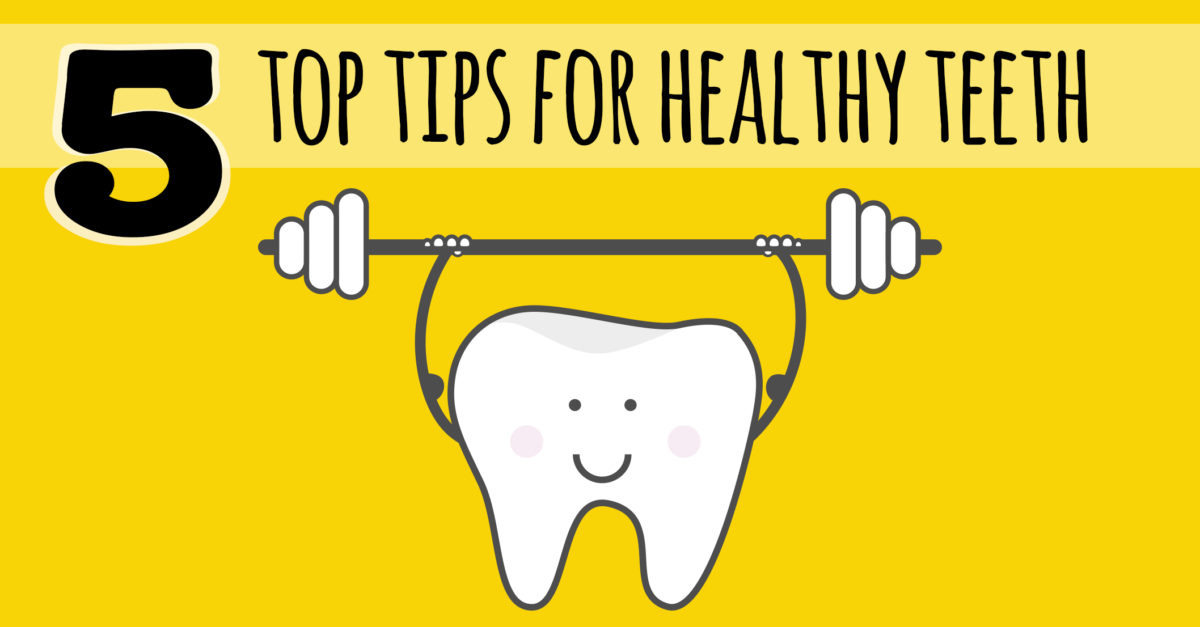Here are some simple and easy to implement ideas to help you achieve better dental health in 2019. Let us know which ones you have done!
ONE: An alcohol-free month
Giving up alcohol for a month is not confined to ‘Stoptober’ or ‘dry January’ it is something you can try any time. If that sounds too difficult then what about just drinking on weekends but keeping one weekend of every month alcohol free?
Alcohol is bad for teeth in more ways than one. It has been shown that just one alcoholic drink a day can alter the bacteria of our mouths making us more susceptible to not only tooth decay and gum disease, but also head and neck cancers, and heart disease. Regular wine drinkers were found to have higher levels of bacteria linked to gum disease, while beer drinkers had increased levels of bacteria that put them at greater risk of tooth decay1.
Alcoholic drinks are often very high in sugar and account for a total of 11% of the UK’s daily intake of added sugar. A pint of cider for example, can contain up to a whopping 5 teaspoons of sugar, which is almost the maximum recommended daily amount of sugar for an adult as recommended by the World Health Organisation (WHO). For those who like to share a bottle of red, consider first that you are consuming on average the same amount of sugar as is in a Snickers bar. Over a year that adds up to a lot of extra calories!2
TWO: Try Xylitol
You may have come across xylitol in chewing gum, but this naturally occurring sweetener is also available in granulated form as a sugar substitute. Xylitol is derived from the bark of the birch tree and has been shown to inhibit the growth of Streptococcus Mutans – the bacterium that has been described as the true culprit of tooth decay.
Xylitol at first may sound too good to be true, but caution is advised as for some sensitive people it can result in digestive upset. For most however, using a small amount regularly in place of sugar, has the massive benefit of significantly reducing the incidence of tooth decay.3
Another very important point to note about Xylitol is that it’s toxic to pets.
THREE: Swap your toothpaste
Triclosan is an antimicrobial agent, meaning it has the ability to destroy micro-organisms, and is regularly used as an ingredient in hand sanitizers, soaps and toothpaste in the UK. Unfortunately, recent studies have demonstrated that it has the ability to increase the antibiotic resistance of E. Coli and Salmonella, thereby increasing the risk in those who consume it. Furthermore it has been linked to increased risk of cancer and so was recently banned from personal products in the US.4,5
Antibiotic resistance is considered a global threat more serious than climate change, so considering the fact that Triclosan is found to be no more effective at killing germs than traditional methods of cleaning using soap, water and bleach, there’s a pretty good argument for discontinuing its use. If you want to avoid it, check the ingredients label of your toothpaste and other personal care products such as antimicrobial hand gel.
FOUR: Stop snacking
Snacks are usually sweet in nature therefore provide plenty of sugar for bacteria to turn into the harmful acids that cause tooth decay. Our mouth is under attack from these acids for around an hour after eating, so ideally try not to snack, but if you do, then avoid sugars and carbohydrates and opt for cheese, nuts or raw vegetables.
Remember sugary drinks between meals are just as bad, if not worse, than snacking on sweets. Milk, water, teas and coffees are better options. If you want to drink fruit juice always water it down 50/50 and try to only drink it around meal times.
FIVE: Take a vitamin D supplement
Contrary to it’s name, vitamin D3 is not a vitamin, it’s a hormone that is vital for building strong bones and teeth – if we are deficient we are not able to absorb calcium. We make vitamin D3 from sunlight but in the UK we are only able to produce it for around 6 months of the year when the sun is strongest. Therefore vitamin D deficiency is considered common and doctors recommend that everyone take a vitamin D supplement between the months of October through to March. If you are already deficient you may need to supplement at a higher dose initially.6
To check your levels ask your doctor for a vitamin D test, it’s available for anyone who wants it.
References:
- https://www.dental-nursing.co.uk/news/just-one-alcoholic-drink-a-day-impacts-oral-health
- https://www.drinkaware.co.uk/alcohol-facts/health-effects-of-alcohol/effects-on-the-body/alcohol-and-sugar/
- http://www.jdentaled.org/content/65/10/1106.long
- https://www.nhs.uk/news/medication/toothpaste-ingredient-linked-to-antibiotic-resistance/
- https://www.ncbi.nlm.nih.gov/pubmed/28478158
- https://www.vitamindcouncil.org/about-vitamin-d/what-is-vitamin-d/#.XFB_OGacbUY
